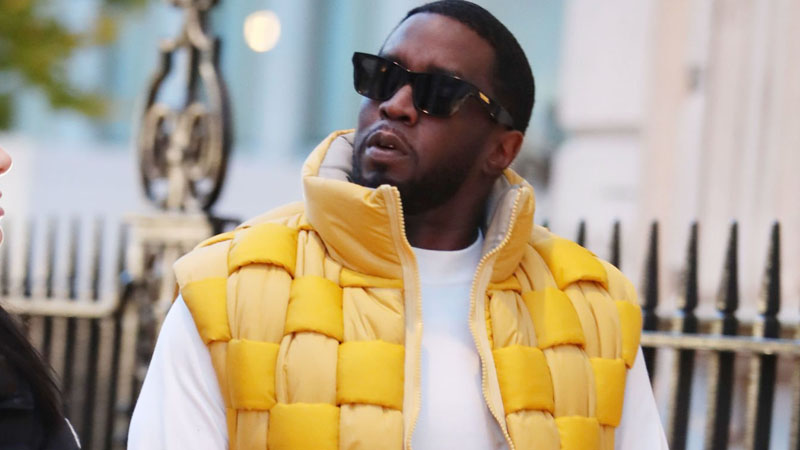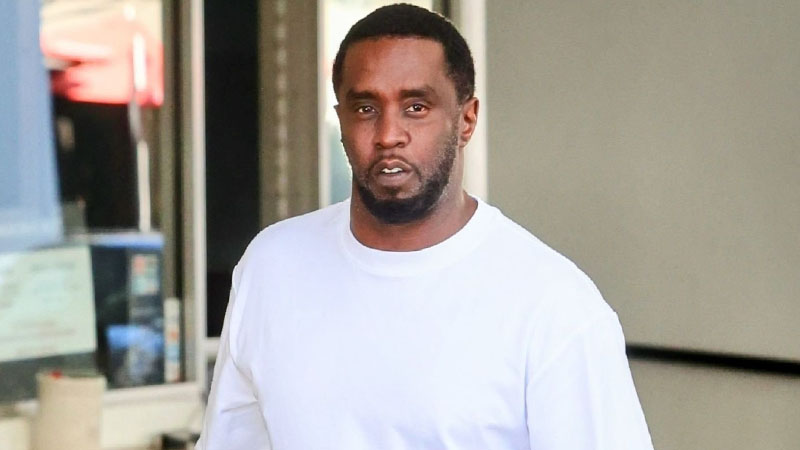Music mogul Sean “Diddy” Combs spoke in court for the first time since the start of his sex trafficking trial, confirming his decision not to testify as both the prosecution and defense rested their cases.
The proceedings, which began on May 12, reached a pivotal moment on Tuesday, June 24, when Judge Arun Subramanian posed a routine but crucial question: would the defendant take the stand? This inquiry is standard protocol in U.S. criminal trials, ensuring the defendant’s decision is voluntary.
“That is my decision, Your Honour. That is solely my decision. I mean, it’s my decision with my lawyers… Yes, my decision, I’m making it,” Combs responded, according to CNN, officially confirming his choice not to testify in his defense. In a moment of courtroom levity, Subramanian asked Combs how he was feeling.
The Bad Boy Records founder replied, “I’m doing great, Your Honour,” and then added, “I’ve been wanting to tell you thank you, you’re doing an excellent job.” The light-hearted remark reportedly drew a chuckle from the judge, as noted by Rolling Stone.
For the past six weeks, Combs has remained silent while the prosecution presented its case, calling a total of 34 witnesses to the stand. Among them were high-profile figures including his former girlfriend Cassie, rapper Kid Cudi, and singer Dawn Richard. Their testimonies form a key part of the government’s attempt to establish a pattern of alleged misconduct by the music executive.

Sources close to the case, including NPR, report that Combs’ legal team does not intend to call any witnesses in his defense, a strategy that has drawn both curiosity and criticism. Former federal prosecutor Mark D. Chutkow weighed in on the decision, telling the outlet, “It would be a big gamble for Diddy to take the stand.”
He explained that, despite the prosecution already presenting substantial evidence, allowing Combs to be cross-examined could open the door to even more damaging revelations. “Even though the prosecution has introduced a mountain of evidence… [they’d] be able to pile on even more evidence of bad acts during cross-examination,” Chutkow noted, suggesting that the risks of testifying likely outweighed the potential benefits for Combs.
As the trial enters its final phase, closing arguments are expected soon, after which the jury will begin deliberations. With no witnesses to be called by the defense, the outcome will hinge largely on the prosecution’s narrative and the credibility of its witnesses.
Combs’ legal team continues to maintain his innocence. The defense’s reliance on procedural rigor rather than testimony underscores the high stakes and strategic caution guiding one of the year’s most closely watched courtroom battles.

